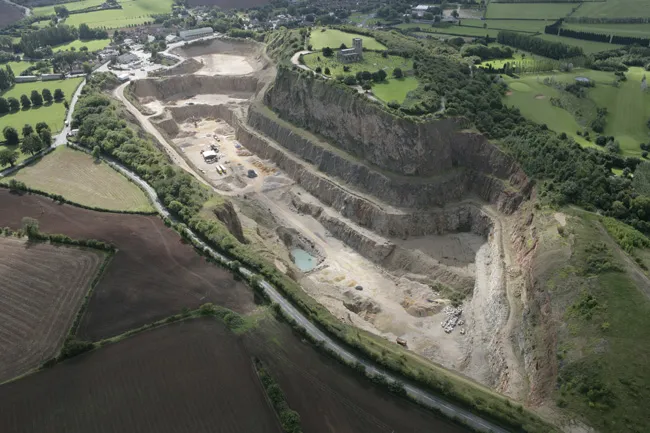The French earthmoving equipment market remains the third biggest market in Europe with sales of 21,630 machines last year.
According to Cisma, the French equipment manufacturers’ association, 2017 stands out as the best year since the market crash in 2008.
Growth in equipment sales for 2017 so far have been driven by crawler excavators, which were 22% higher than in 2016. This includes mini excavator sales, which are the most popular product, and reflect a strong house building market this year.
The mini excavator market is now not far from historical record levels.
Also doing well is the wheel excavator market with 1,800 units sold last year, an increase of 31% on 2016. The French wheel excavator market stands at the level reached in 2005. France is the second biggest market in Europe for wheel excavators after Germany.
As for the future, Cisma reports that in 2018, the building market is expected to remain dynamic. Above all, the growth of the civil engineering sector should accelerate. “This is a very good news for the demand of machines,” notes Cisma in a written statement. “In France, all economic indicators are green for go and it is highly probable that pre-crisis record levels of sales will be reached.”







